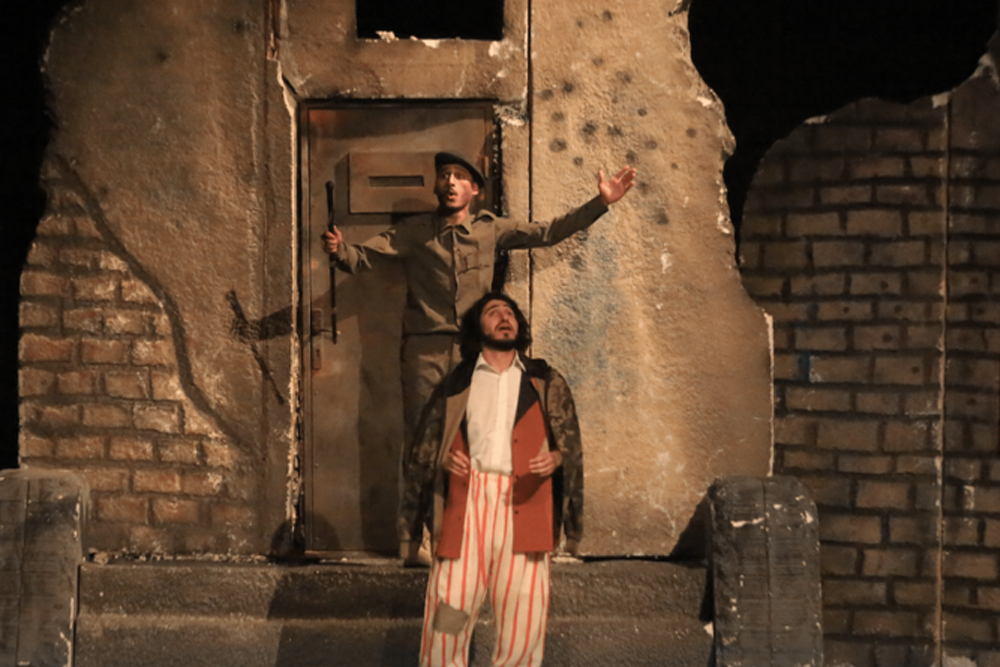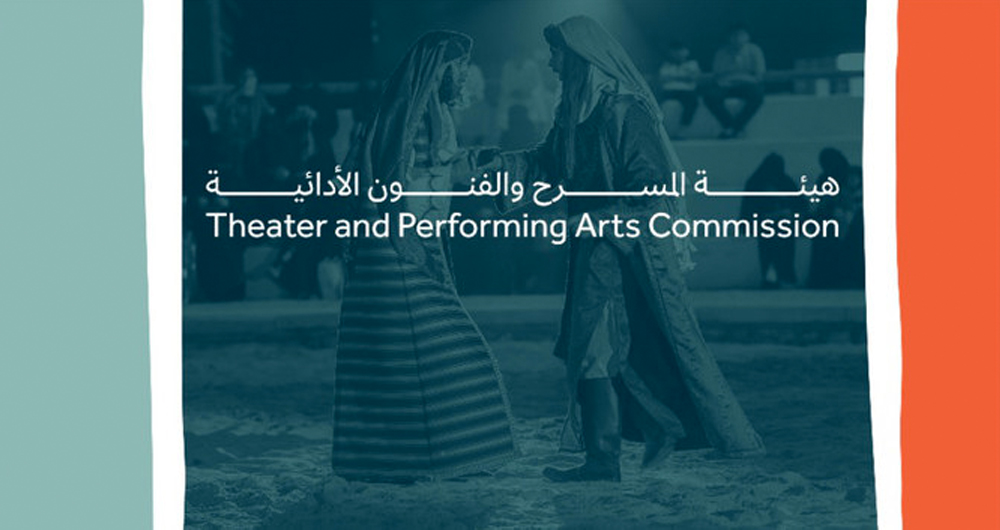
The Actor Training and Improvisation Program is about to be launched in three locations across Saudi Arabia by the Theatre and Performing Arts Commission. The sessions are scheduled to occur in Al-Ahsa from July 16 to 27, Tabuk from August 13 to 24, and Hail from September 25 to October 5.
The initiative, part of the commission's strategic Skills Development Program, will involve trainers with relevant experience and expertise. It consists of two sessions that last three hours each per day over the course of ten days.
The primary focus of the first workshop is acting, while the second workshop emphasizes improvisation. The objective is to train 40 students in each session, resulting in a total of 80 trainees per city and 240 trainees overall.
A variety of goals are intended to be accomplished by the training program, including raising trainees' understanding of theatrical performance and giving them a broad range of abilities. These abilities include developing a thorough awareness of the language, vocabulary, acting styles, improvisation, and a broader cultural understanding of these fields as they pertain to theatre.

The study of theatre work methods, such as planning, preparation, intention-invoking, and major roles, is included in the curriculum. It also delves into the cognitive application of acting and improvisation principles, including text analysis, actor training, and the balancing of various components.
The first day of the acting program consists of an examination of the body, voice, and subtext. Later days include character development, group work dynamics, feedback techniques, costume rehearsals, and the practical application of theories. The final performance brings the curriculum to an end.
The improvisation curriculum starts with the ability to fail and the delight of taking chances, then moves on to accepting and developing ideas, speed, cooperation, environmental aspects, physical objects, body movement, scene development, and the fundamentals of narrative. Additionally, it discusses how to naturally develop a character and change and escalate their emotions during a scene. On the tenth day, acting and improvisation talents round out the curriculum.
Through the curriculum, the commission hopes to encourage trainees' ongoing self-learning and advance the idea of group theatrical performance. It also aims to create a database of performers and aid in their development, cement the value of new art while maintaining cultural legacy, and increase public knowledge of theatre.

















